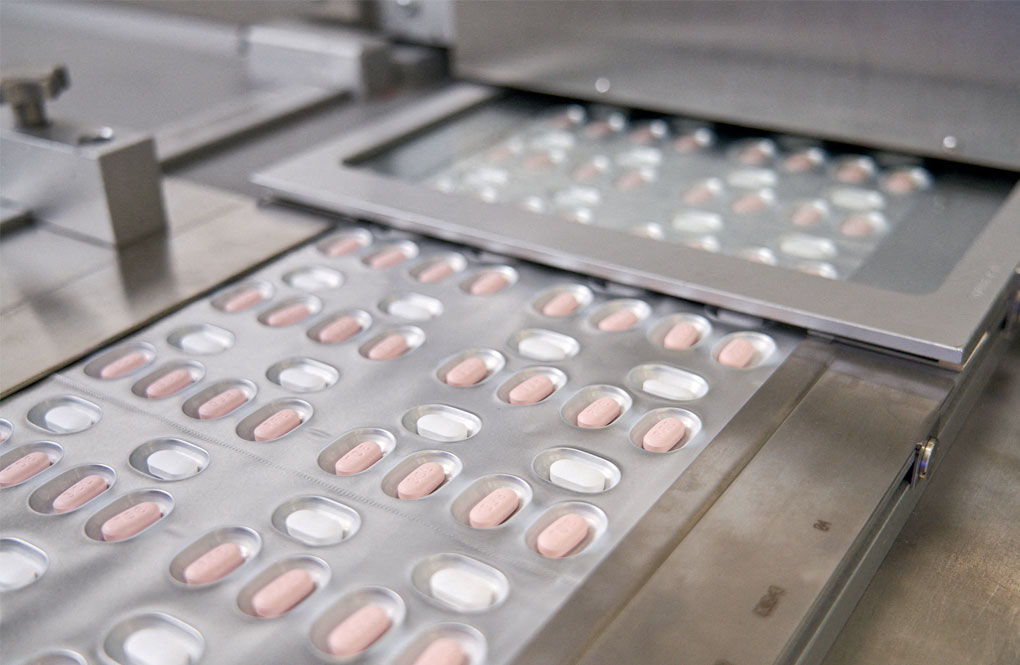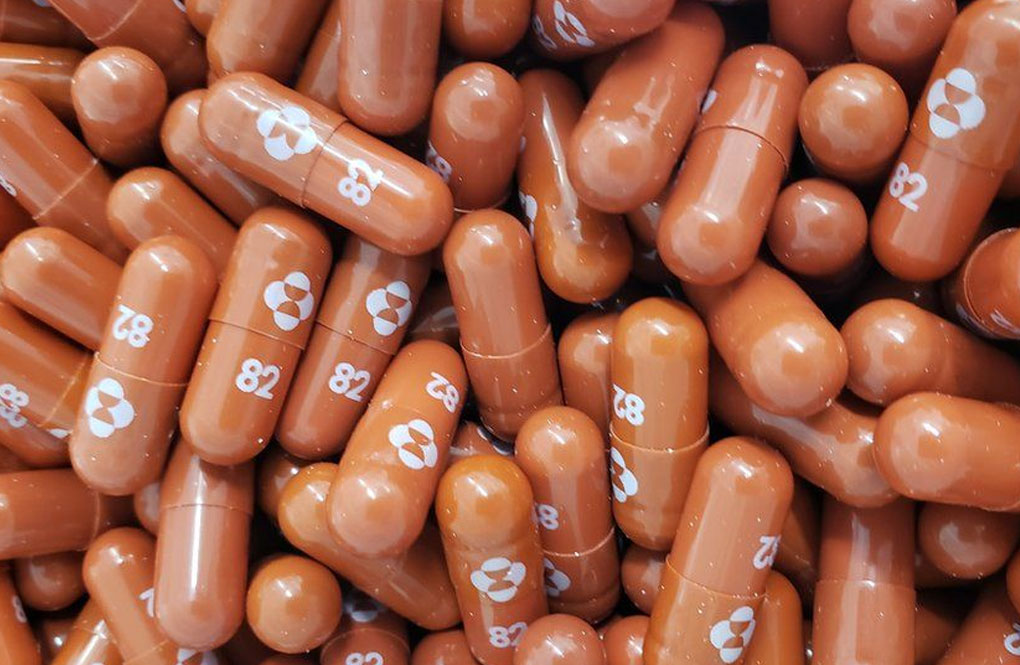Australians have farewelled 2021 with a record number of cases, a vaccination rate among the highest in the world and a new plan for COVID-19.
Across all states and territories, Australia reported 32,941 new cases of COVID on Friday.
More than 21,000 of Friday’s new cases were in NSW, followed by 5919 in Victoria and 3118 in Queensland.
The good news for those people is that from Friday, regardless of their vaccination status, positive cases will be able to leave isolation seven days after their initial positive test.
The federal government scrapped the need for infected people to take a day-six rapid test, less than a day after announcing it.
But Australia is still increasingly reliant on rapid antigen testing, prompting calls from industry groups for them to be made free or at least heavily subsidised.
Prime Minister Scott Morrison said state testing centres would hand out rapid tests to those who require one under the rules, but they will not be provided free across the board.
“For all other casual uses, that is what the private market is for,” he said.
The Australian Council of Social Services is concerned for vulnerable Australians who they say are often most at risk of catching COVID-19 and least able to afford the rapid tests.
“We are very concerned that people relying on income support payments just can’t afford $70 for a rapid antigen test kit, leaving them unable to assess their risk from COVID-19 for themselves, their families and the community,” president Peter McNamara said.
“It is irresponsible and callous of the federal government to fail to make provision for up to three million people already struggling to survive below the poverty line.”
Not all have welcomed new changes to the definition of a close contact either, after national cabinet agreed a close contact is a household or household-like contact of a confirmed COVID-19 case.
Rural Doctors Association president Megan Belot said now wasn’t the right time to water down the rules.
“The new definition does not cover those who work together, at a time when many are returning to their regular workplace, and are in close contact for more than four hours each day, or those who have been exposed to the virus in close public settings,” Dr Belot said.
She also expressed concern that market demand for RAT kits mean rural Australians will have reduced access and have to pay higher prices, comparing the kits to PPE early in the pandemic.
“Governments must ensure there is adequate access to RAT kits and PCR tests for all Australians, not just those in the cities,” she said.
In his new year message on Friday, Mr Morrison was positive about a future, describing Australians as quietly confident people with an optimistic spirit.
“That is why, despite the pandemic, despite the floods, the fires, continuing drought in some areas, the cyclones, the lockdowns, even mice plagues, Australia is stronger today than we were a year ago,” he said.
“And we’re safer.”
(AAP)













